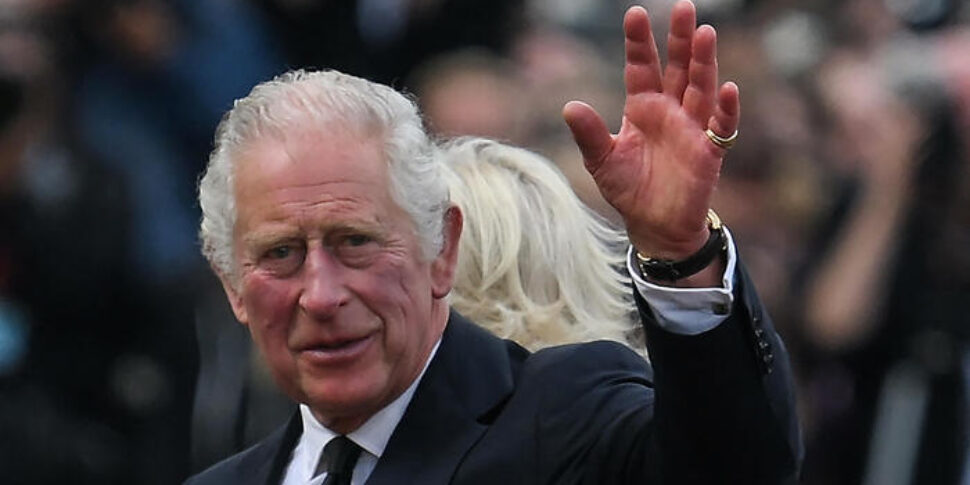Russian shadows behind the “fake news” that have circulated in the last few hours on the phantom death of King Charles III, categorically denied in the United Kingdom. What has raised them is London's reaction to the chatter, alarms and delirium about the Windsors that have returned to spread on the web, including European sites and media, and then found space especially between Russia and Ukraine.
Rumors triggered by the wait for news on the health of the royals, from the sovereign struggling with treatment against the cancer diagnosed last month to Princess Kate recovering after the mysterious abdominal operation. But it is suspected that they could find fertile ground in Moscow: out of insult, as a diversionary maneuver or perhaps out of malice, in the midst of the new controversies aroused by the Western (and British) reaction to the plebiscite presidential vote that has just established Vladimir Putin's fifth mandate.
To contest its veracity, the London embassies in Moscow and Kiev intervened directly today. And on the latter's profile
While the Russian agency Tass addressed Buckingham Palace directly, reporting the terse statement in response which states that the sovereign is not only alive, but “continues to carry out his institutional and private commitments”: including the weekly hearings on Wednesday with Prime Minister Rishi Sunak (as witnessed in images released recently). Meanwhile, a Downing Street spokesperson denied being aware of any details on the spread of these “hoaxes”, but claimed that among the “ordinary tasks » of the embassies precisely to «fight disinformation».
The Russian specter is also the backdrop to a moment of great apprehension in the Kingdom regarding the health of both the 75-year-old monarch and the Princess of Wales, wife of the heir to the throne William: even more so considering the high-tension relations between London and Moscow for the conflict in Ukraine and the re-election of Putin, which the Sunak government, through Foreign Minister David Cameron, denounced as “undemocratic”.
Apprehension further fueled by a wave of false or completely unsubstantiated elements that emerged online also on the internal front: with random references to a press release never produced by Buckingham Palace, to old photos of the British flag at half-mast at the Palace, to the of Wikipedia updated with the supposed death of the sovereign, to gossip about the BBC logo listed in mourning.
There was also a false post attributed to a now retired former royal correspondent of the BBC, Nicholas Witchell, about a phantom abdication plan prepared by Charles. The media's attention on the royals, among other things, had already been relaunched since the morning by Rupert Murdoch's Sun, which had dedicated the opening of its front page to the sighting of Kate (with William) attributed last Saturday to a witness in a shop near her Adelaide Cottage residence in Windsor, apparently “happy and relaxed”.
A public appearance described as reassuring after the media storm triggered by the case of the photo manipulated by Kate and released by Kensington Palace only to be withdrawn amid general embarrassment. Furthermore, rumors had already been circulating yesterday regarding the wife of the heir to the throne and her recovery, entrusted in a relatively reassuring manner by the Sunday Times to anonymous friends of the couple.
Not without references to a possible return to public commitments of the princess, however, postponed to after April 17, when her three children, George, Charlotte, and Louis, will go to school again after the Easter holidays.
A reference that has started the search on some sites for a hypothetical announcement coming from Kensington Palace on the exact date. Also in response to the allegations of the controversial royal biographer Tom Bower, according to which Kate would actually have been much worse in January than what has emerged so far: so much so that her full recovery could be a matter of “not weeks but months”.

